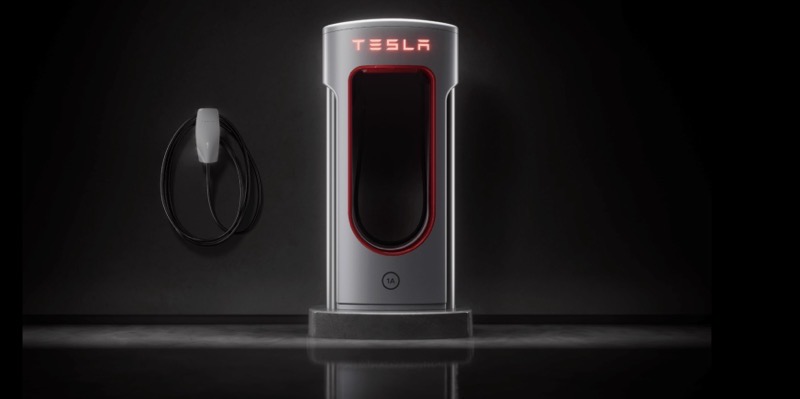BP Seeks U.S. Charging Network Expansion Amid Tesla Layoffs
BP’s electric vehicle charging unit is set to expand its operations in the United States following recent layoffs at Tesla that affected its EV charging team, the oil giant announced on Thursday.
This move comes shortly after Tesla CEO Elon Musk confirmed the reduction of the team responsible for its EV charging division, signaling a slowdown in new Supercharger locations while still planning to broaden the network.
In light of Tesla’s restructuring, BP is looking to capitalize on the opportunity to grow its own network. “We are aggressively looking to acquire real estate to scale our network, which is a heightened focus following the recent Tesla announcement,” stated a BP spokesperson to Reuters. The company aims to extend its presence particularly in the northeast, the Sun Belt, the west coast, and the Great Lakes region of the United States.
Tesla has yet to respond to requests for comment on BP’s expansion plans. The shake-up at Tesla could potentially open doors for other public EV fast-charging networks like EVgo and ChargePoint to increase their market share.
Previously, in February of last year, BP announced plans to invest $1 billion by 2030 in expanding its network of EV charging stations across the U.S., including a $100 million order for Tesla’s fast chargers in October. Despite these ambitious plans, BP recently reduced its workforce in the EV charging sector by more than ten percent and scaled back its operations in several markets following unmet expectations in the growth of commercial EV fleets, sources revealed last month.
The BP Pulse-branded 250-kilowatt chargers will support both Tesla’s North American Charging Standard (NACS) and the Combined Charging System (CCS) connectors, making them compatible with a variety of EVs from different automakers. This compatibility is a strategic move as more automakers adopt Tesla’s NACS, potentially setting it up as the industry standard over the CCS.


